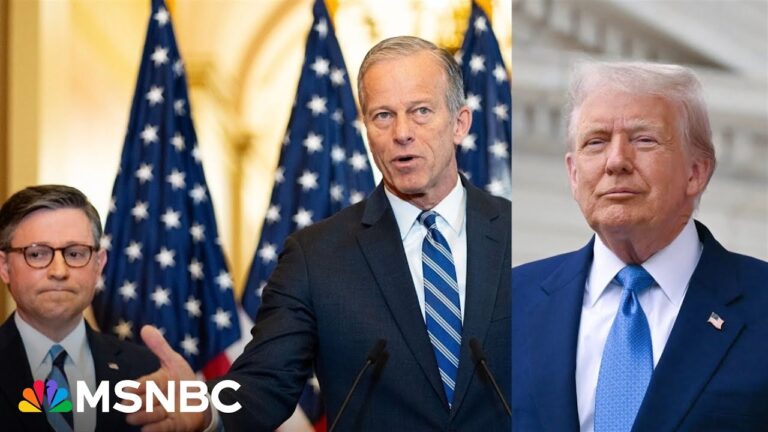Video at the bottom!
In a recent discussion, Governor John Kasich, a seasoned Republican, passionately addressed the potential consequences of significant cuts to Medicare and Medicaid in proposed legislation. Drawing from both his experience running Ohio and his time on the Hill, Kasich emphasized the urgent need for comprehensive reform within the United States healthcare system. He articulated his deep concerns about the trajectory of national debt, warning that unchecked spending could lead to increased inflation and a lack of global confidence in U.S. debt.
Kasich underscored the importance of a balanced budget amendment, likening the fiscal climate to a precarious cliff edge. He criticized the current approach, describing it as merely “kicking the can down the road” and lamented the lack of effort to redefine the “why” behind such significant legislative actions.
When questioned about the implications of substantial Medicaid cuts, particularly in rural Ohio, he highlighted how his previous term saw a growth in Medicaid that was carefully managed to avoid harm to vulnerable populations. He asserted that it is possible to reform programs without detrimental impacts, citing past successes in balancing budgets while expanding services.
The conversation also touched upon the political pressures faced by legislators, particularly in the context of loyalty to the Trump administration. Kasich beckoned a departure from partisan divides, advocating for bipartisan solutions to advance public interests, emphasizing that true governance should serve the public rather than be driven by party agendas.
As the discussion evolved, Mike Barnicle raised the ethical considerations of inflicting pain on the neediest Americans through potential healthcare rollbacks. Echoing Barnicle’s sentiment, Kasich reflected on the stark differences in today’s political landscape, noting the absence of the collaborative spirit that once characterized bipartisan success in Washington. He concluded with a call for unity, urging both parties to engage in constructive dialogue to address pressing national issues for the benefit of future generations.


